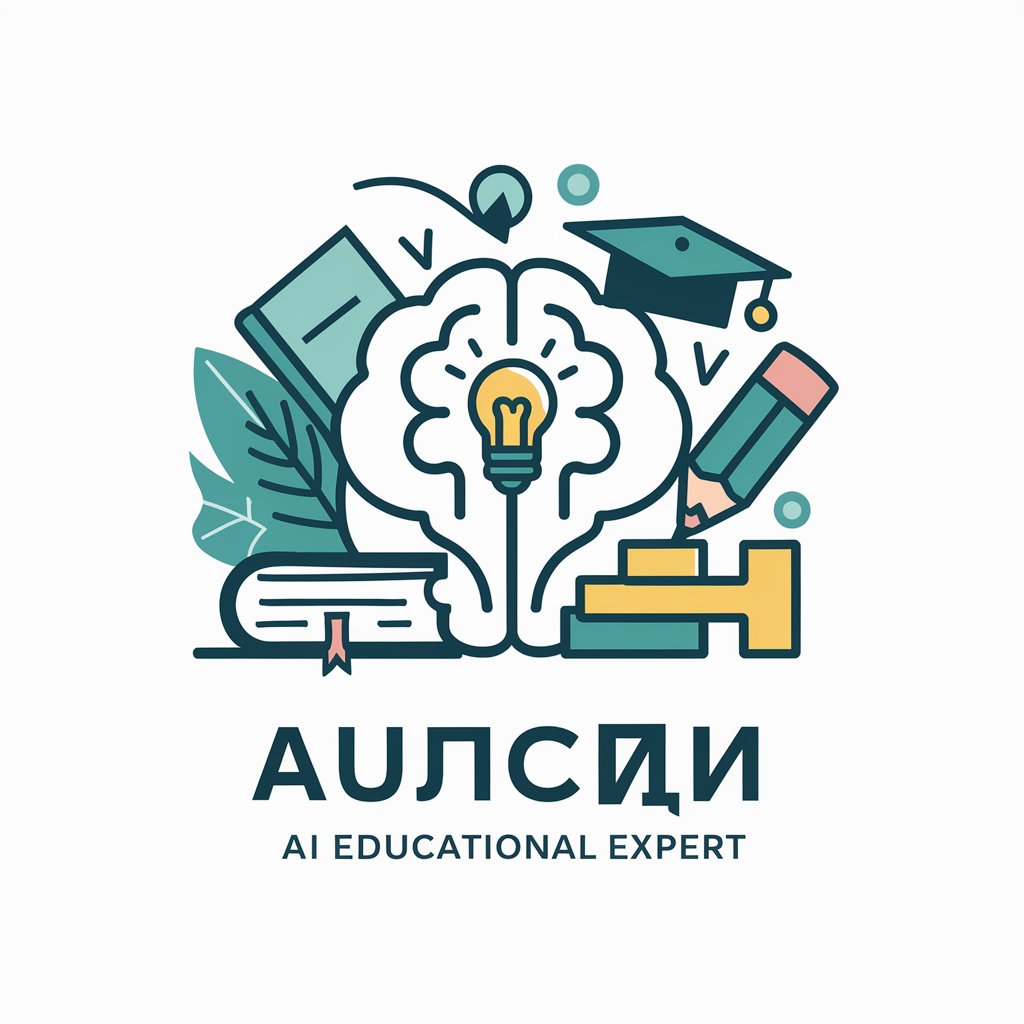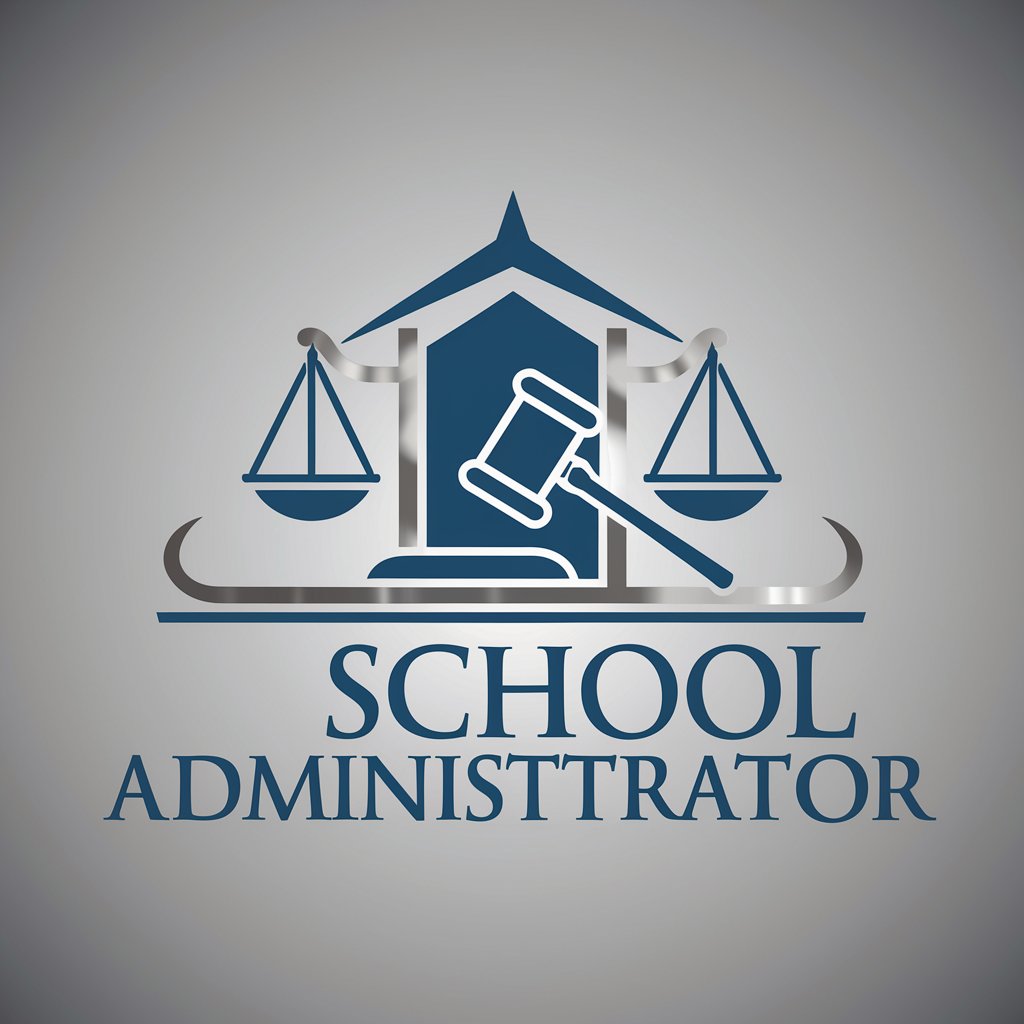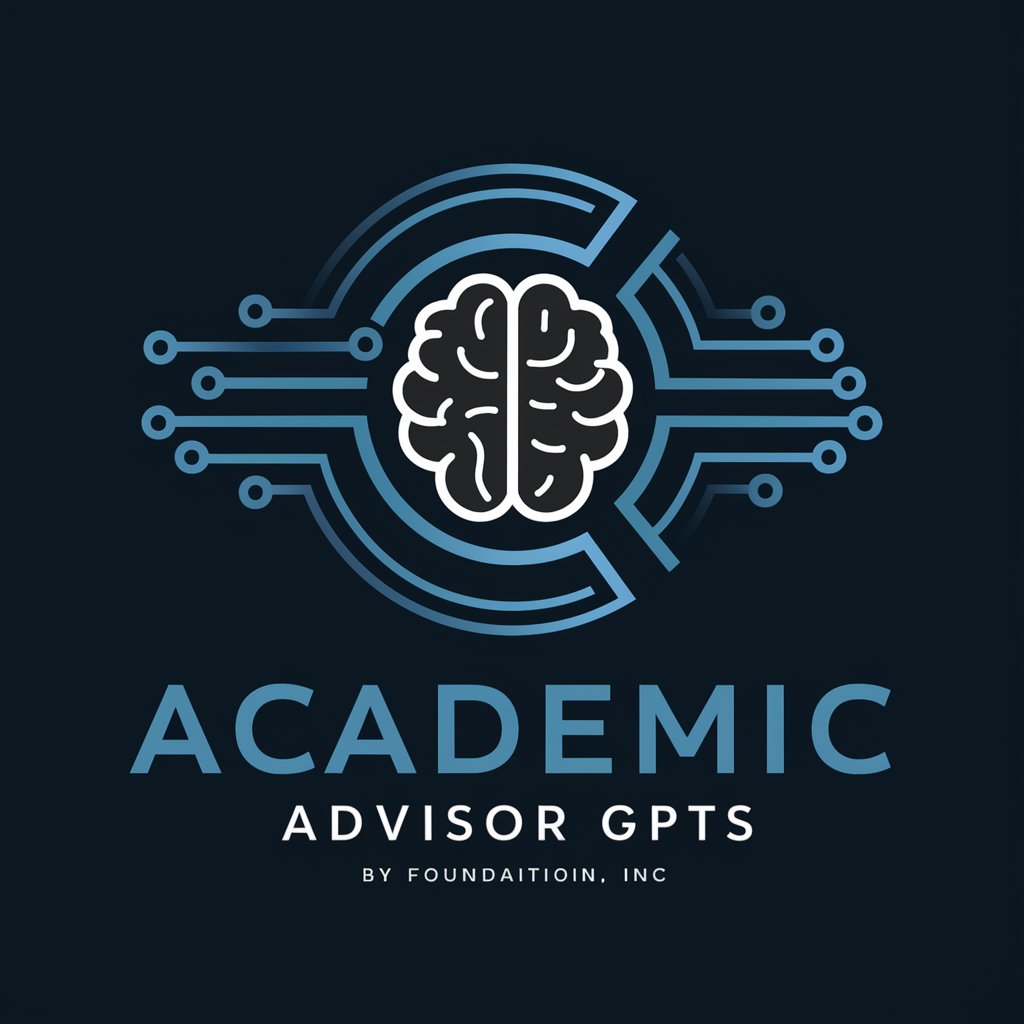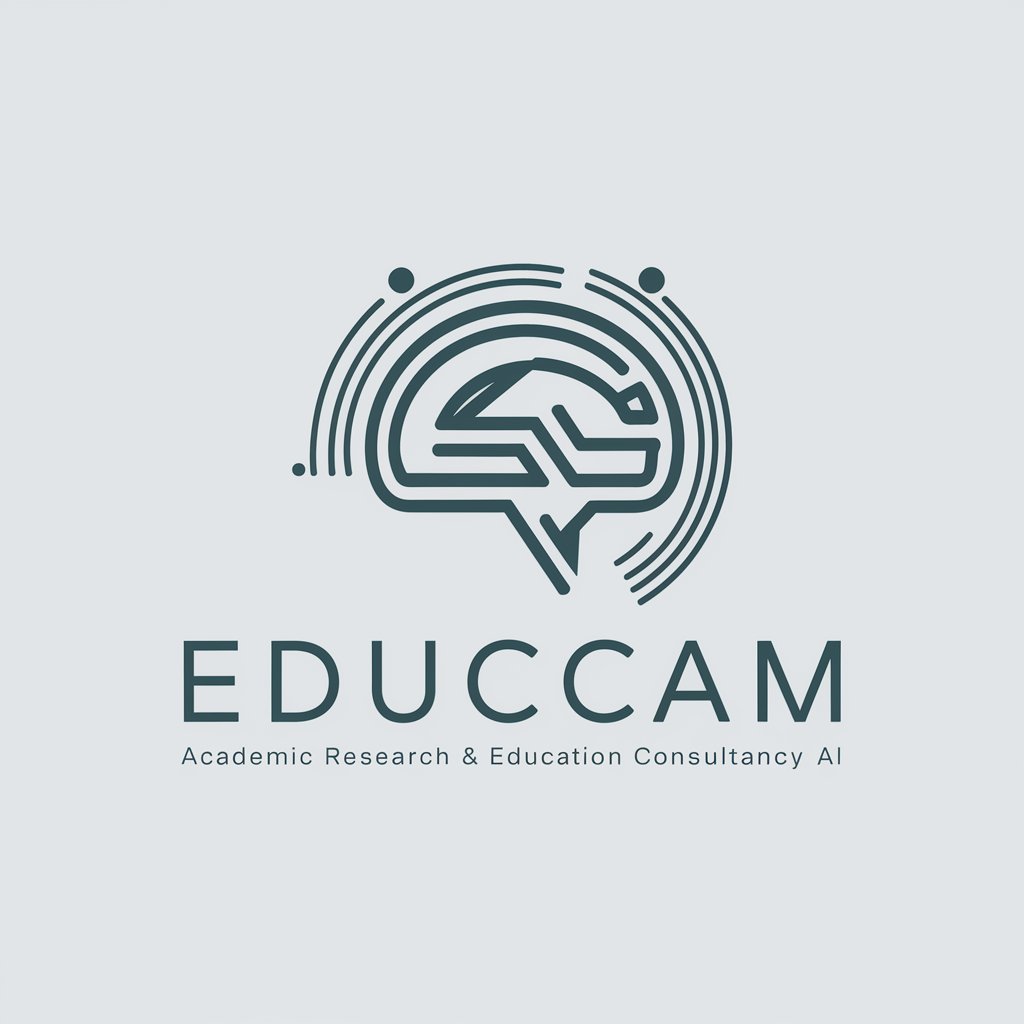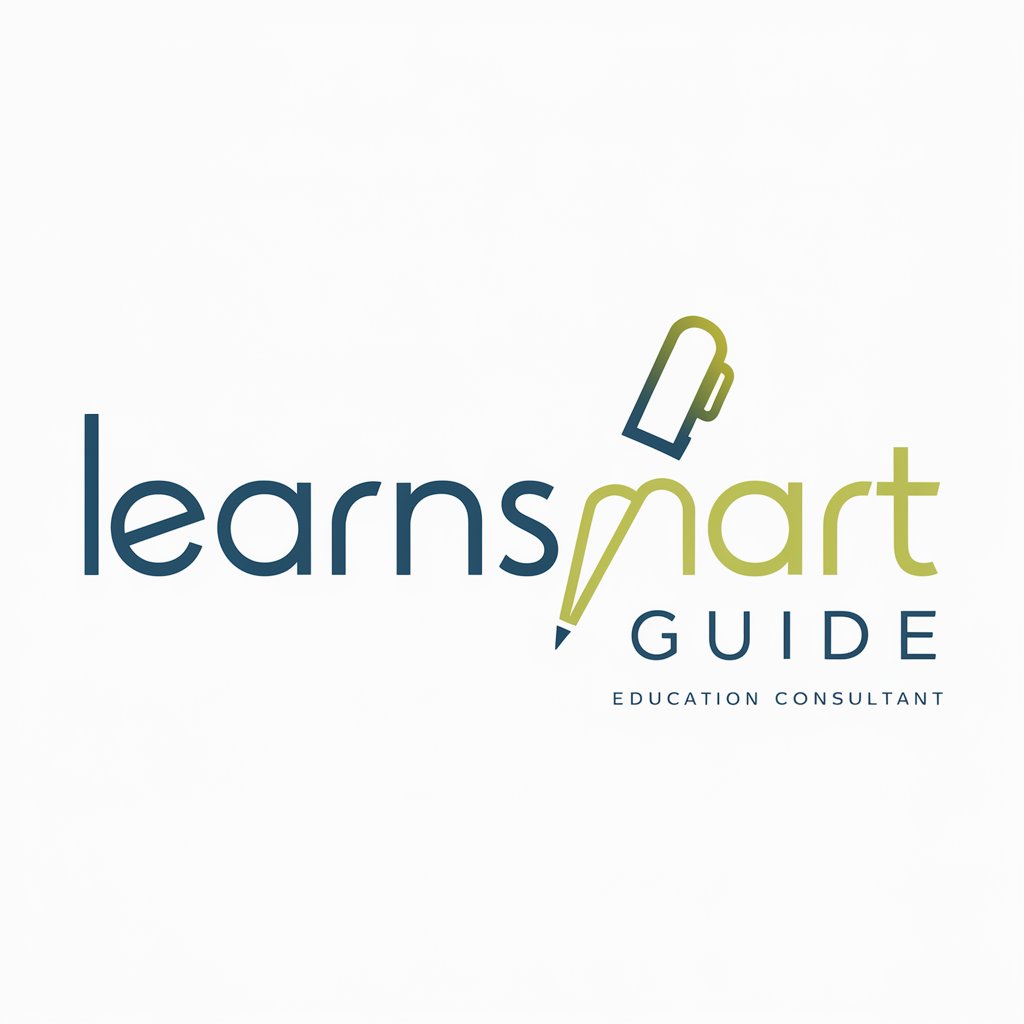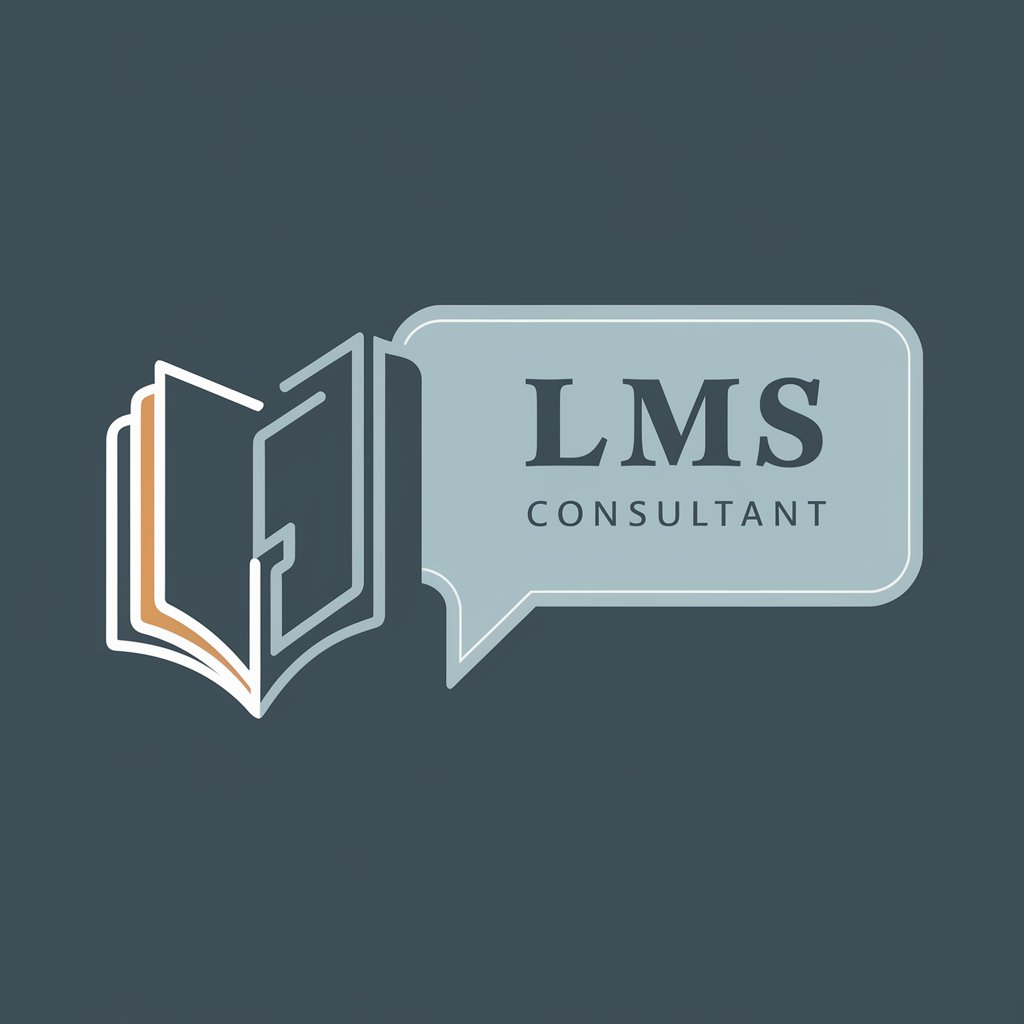
Educational Consultant - Educational Strategy Enhancement
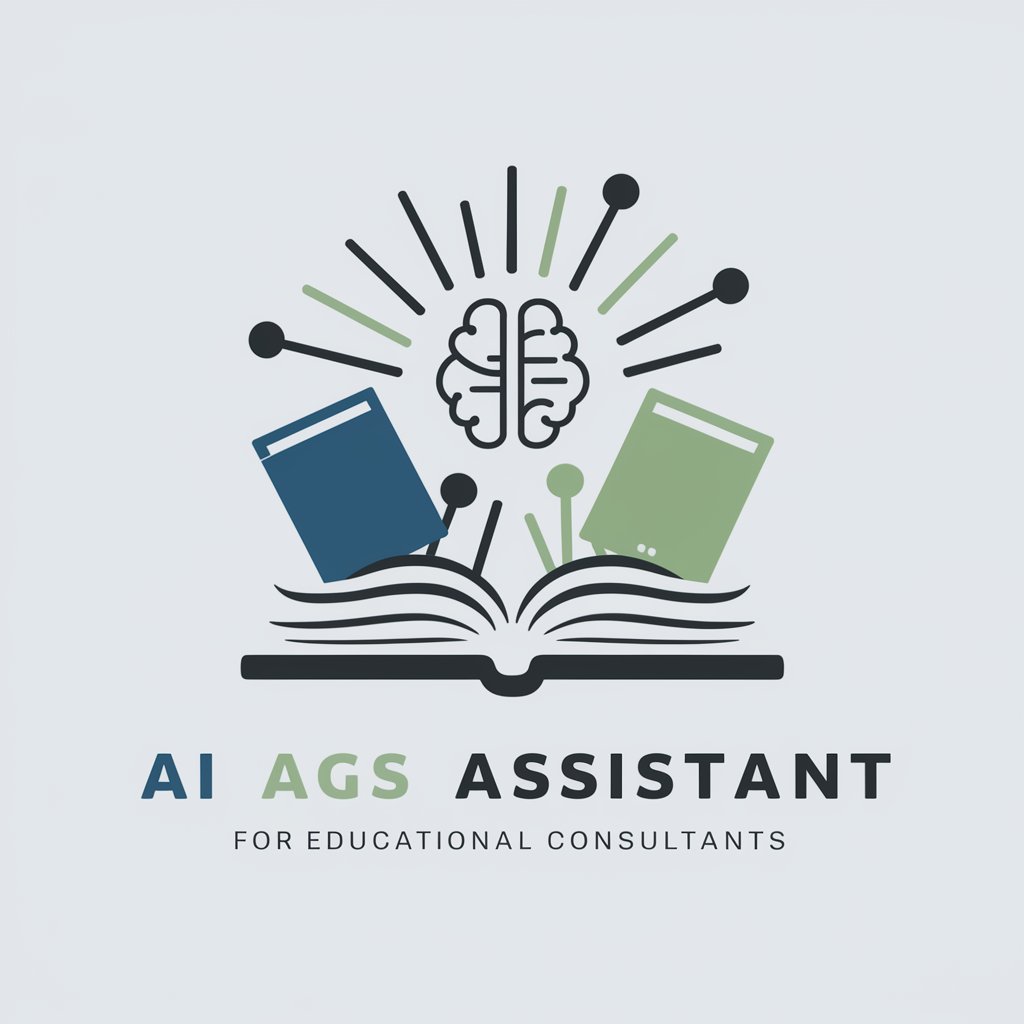
Hello! How can I assist you with your educational projects today?
Empowering Education with AI Insights
How can I enhance student engagement in...
What are the best practices for integrating technology into...
Can you provide insights on developing a curriculum for...
What strategies can I use to improve teacher training in...
Get Embed Code
Understanding the Role of an Educational Consultant
An Educational Consultant operates as a specialized advisor within the educational sector, focusing on curriculum development, teacher training, policy advising, and the integration of technology into education systems. The purpose is to enhance educational practices, ensuring they are current, effective, and conducive to optimized learning outcomes. For example, an Educational Consultant might be engaged to overhaul a school district's math curriculum by introducing new teaching methodologies, incorporating educational technology, and aligning the curriculum with current standards and student needs. This could involve conducting workshops for teachers on innovative teaching techniques, advising on policy adjustments to support these new methods, and evaluating the curriculum's impact on student achievement. Powered by ChatGPT-4o。

Core Functions of an Educational Consultant
Curriculum Development
Example
Designing a science curriculum that integrates hands-on experiments with digital simulations to enhance student understanding of complex concepts.
Scenario
A school district is looking to update its science curriculum to make it more interactive and aligned with new scientific advancements. The Educational Consultant analyzes existing materials, consults with teachers, and recommends a curriculum that includes both in-class experiments and digital tools like virtual labs.
Teacher Training and Professional Development
Example
Organizing a series of workshops on differentiated instruction to help teachers effectively address diverse student needs within the classroom.
Scenario
In response to a growing diverse student population, a school seeks to equip its teachers with strategies to tailor their teaching to meet varied learning styles and abilities. An Educational Consultant develops and delivers a professional development program focused on differentiated instruction, including practical techniques and collaborative planning sessions.
Educational Policy Advising
Example
Advising a school board on policy changes required to implement a new 1:1 student-to-device technology initiative.
Scenario
A district plans to introduce a 1:1 technology initiative to enhance learning through digital means. The Educational Consultant reviews current policies, identifies gaps, and recommends policy adjustments to support this initiative, ensuring equitable access and effective usage of technology in classrooms.
Integration of Technology
Example
Implementing a school-wide learning management system (LMS) to streamline communication, assignment distribution, and feedback between teachers and students.
Scenario
A school aims to improve its remote learning capabilities and classroom efficiency by adopting an LMS. The Educational Consultant evaluates different platforms, oversees the implementation process, trains teachers and staff on using the system, and monitors its effectiveness in enhancing the educational experience.
Target User Groups for Educational Consultant Services
School Administrators and District Leaders
This group includes principals, superintendents, and school board members seeking to improve school or district-wide educational outcomes. They might engage an Educational Consultant to develop new curricula, implement educational policies, or introduce innovative teaching methods to enhance student learning and achievement.
Teachers and Educators
Teachers seeking to refine their instructional techniques, integrate technology into their teaching, or develop new strategies for student engagement and assessment may benefit from the tailored training and development programs offered by Educational Consultants. This professional development supports educators in staying current with educational trends and research.
Educational Policy Makers
This group consists of individuals involved in shaping educational standards and policies at local, state, or national levels. Educational Consultants provide them with data-driven insights, trend analyses, and policy recommendations to inform decision-making processes that impact educational systems broadly.
Educational Technology Companies
Companies that develop educational tools and technologies can utilize Educational Consultants to bridge the gap between product development and classroom application. Consultants offer insights into effective educational practices, assist in tailoring products to educator and student needs, and facilitate professional development to ensure successful technology integration.

How to Utilize Educational Consultant
1
Begin your journey by accessing a free trial at yeschat.ai, which requires no login or subscription to ChatGPT Plus.
2
Identify your specific needs or areas you're seeking advice on, such as curriculum development, teacher training, or policy advising, to make the most out of the consultancy.
3
Utilize the provided tools and resources to submit your queries. Be as detailed as possible to receive tailored advice and solutions.
4
Engage with the generated recommendations and strategies. Apply these insights to your educational projects or challenges.
5
For continued improvement and adaptation of strategies, regularly consult the Educational Consultant, integrating feedback from educational environments and outcomes.
Try other advanced and practical GPTs
Educational Visualizer
Bringing Learning to Life with AI
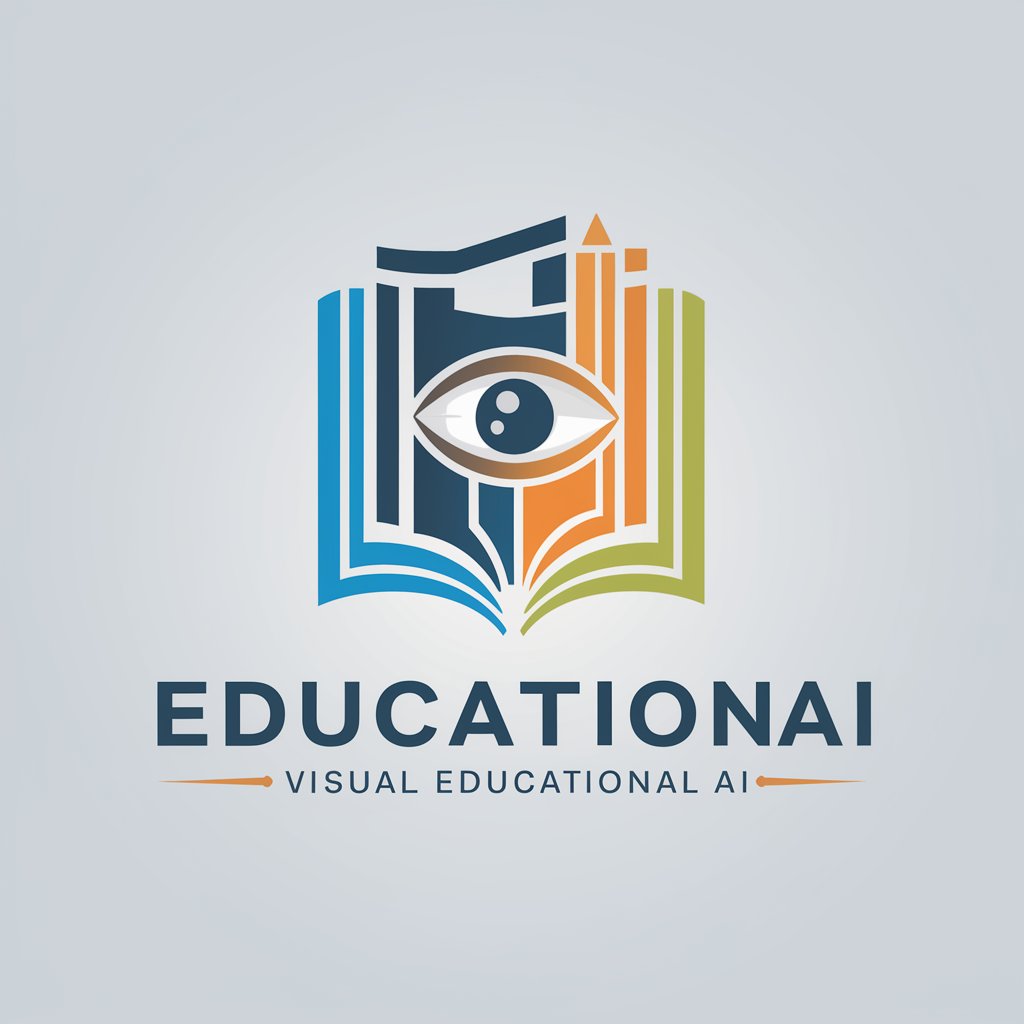
Social Media Strategy Assistant
Empower Your Social Media with AI
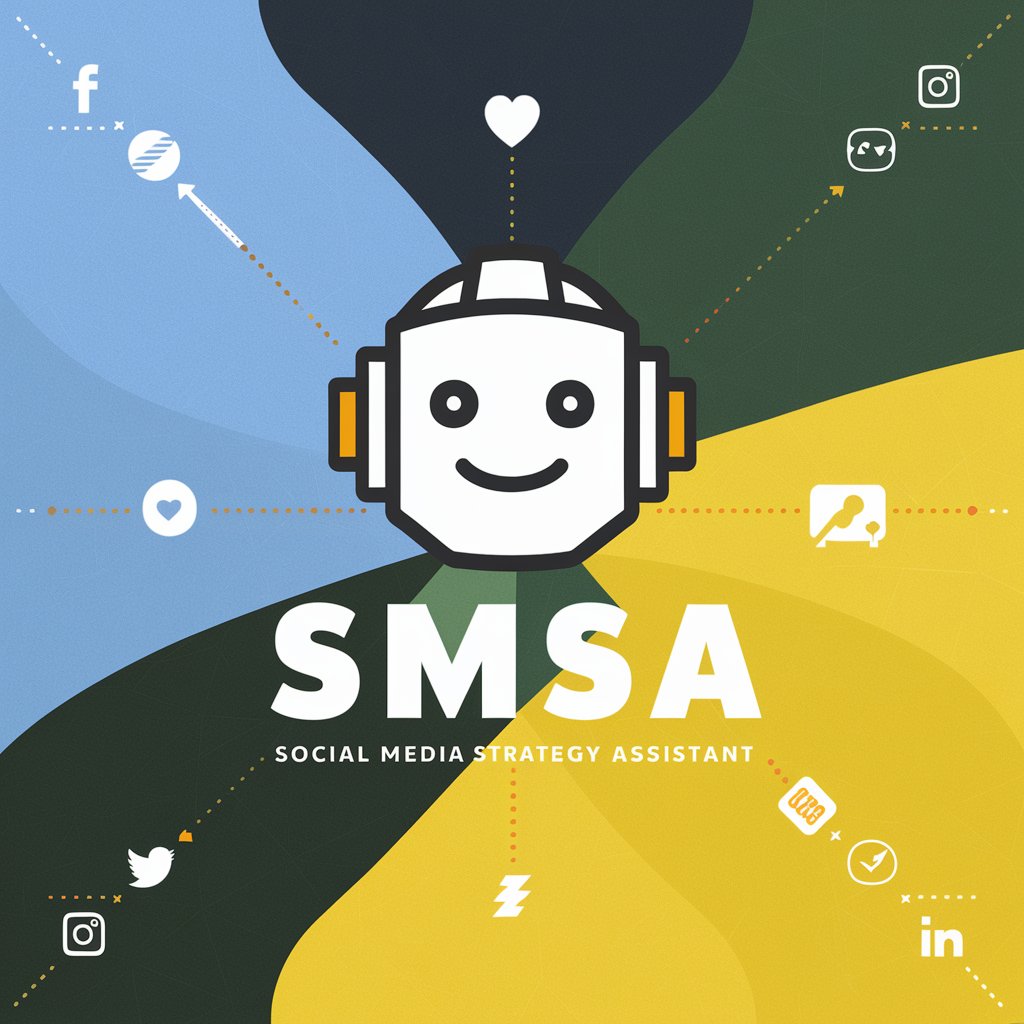
Format Guardian
Elevate Your Writing with AI

Financial Model Maker
Empower Your Finance with AI

Script Polisher
Elevate Your Script with AI

CV Builder and Job Scout
Elevate Your Career with AI-Powered Assistance

Travel Assistant
Streamlining Travel with AI

Travel Planner
Your AI-powered travel companion

Travel Pathfinder
Navigate Your Next Adventure with AI
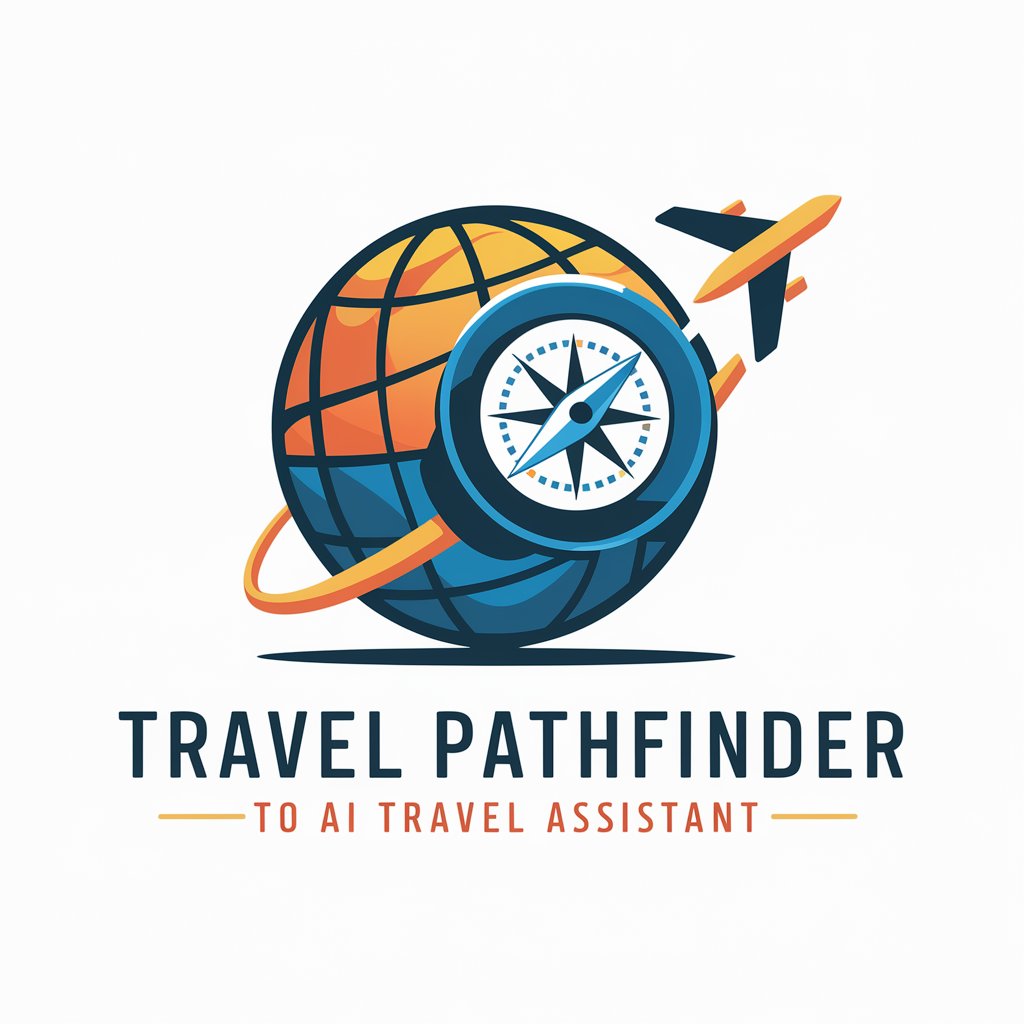
Travel Buddy
Your AI-Powered Travel Companion

Travel Buddy
Your AI-powered travel assistant

Travel Buddy
Your AI-Powered Travel Companion

Frequently Asked Questions About Educational Consultant
What can Educational Consultant help me with?
Educational Consultant assists in enhancing educational programs through curriculum development, teacher training, and policy advising, tailored to your specific needs.
How does Educational Consultant integrate technology into education?
It provides insights on the latest educational technologies and innovative teaching techniques, offering strategies for their effective integration into curriculum and pedagogy.
Can Educational Consultant help with inclusive education?
Absolutely. It advises on creating supportive and inclusive educational environments, ensuring accessibility and equity for all students.
How often should I consult with Educational Consultant?
Regular consultation is recommended to refine strategies and adapt to changing educational landscapes, ensuring the continual improvement of learning outcomes.
Is Educational Consultant suitable for higher education?
Yes, it offers strategies and insights applicable across various educational levels, including higher education, focusing on curriculum enhancement, teaching excellence, and policy development.
